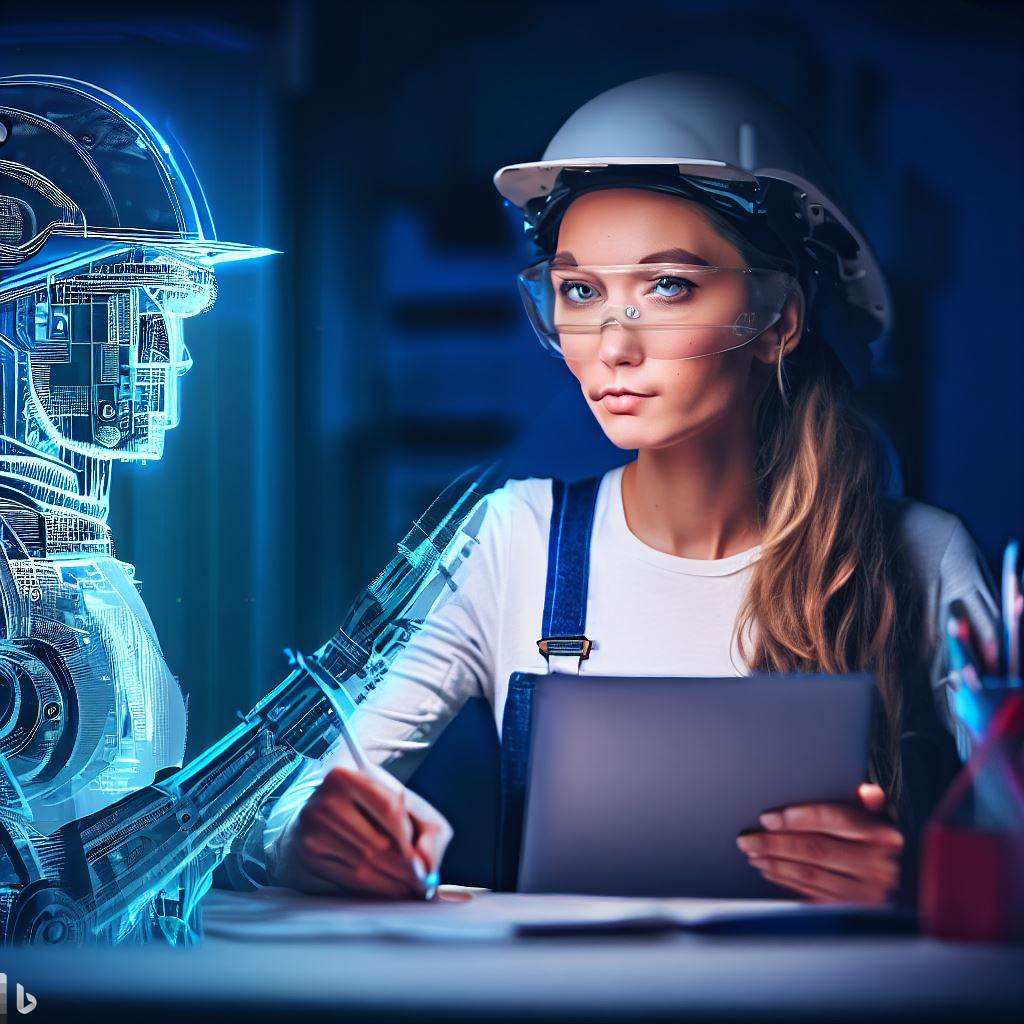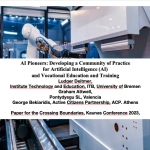Advancing theory in the age of artificial intelligence

The British Journal of Educational Technology (BEJET) has published a special section around Ai in education entitled 'Advancing theory in the age of artificial intelligence'.
In the introduction of the same name (and which is free to access) the authors, Shane Dawson, Srecko Joksimovic, Caitlin Mills, Dragan Gašević, and George Siemens. "To address the need of effective deployment of AI systems in education", they say, "a theoretical lens is required to guide and direct both research and practice. Theory provides the guard rails to ensure that principles, values and trusted constructs shape the use of AI in educational settings, ensuring that values, existing research, concerns of multiple stakeholders and on-going contributions to science remain centre stage."
They go on to explain that "the papers in this special section argue for the criticality of theory in the design, development and deployment of AI in education. In so doing, we question the continued relevance and value of existing theories of learning when AI becomes prominent in classrooms. We call for new frameworks, models and ways of thinking; ones that include the presence of non- human agents that are more like an active partner than a simple technology, resulting in important questions about revising existing team-based and collaborative theories of learning."
There looks like much of value in this special section, although it is a pity that only the introduction is accessible for free. From looking at the index it seems like a lot of attention is being paid. to research from Learning Analytics. And once more the research seems to be based on higher education. I wonder if the new learning theories they are looking for may be based in vocational educational practice particularly at the intersection between knowledge and practice.






